Public executions of four men in Afghanistan draw criticism from human rights groups
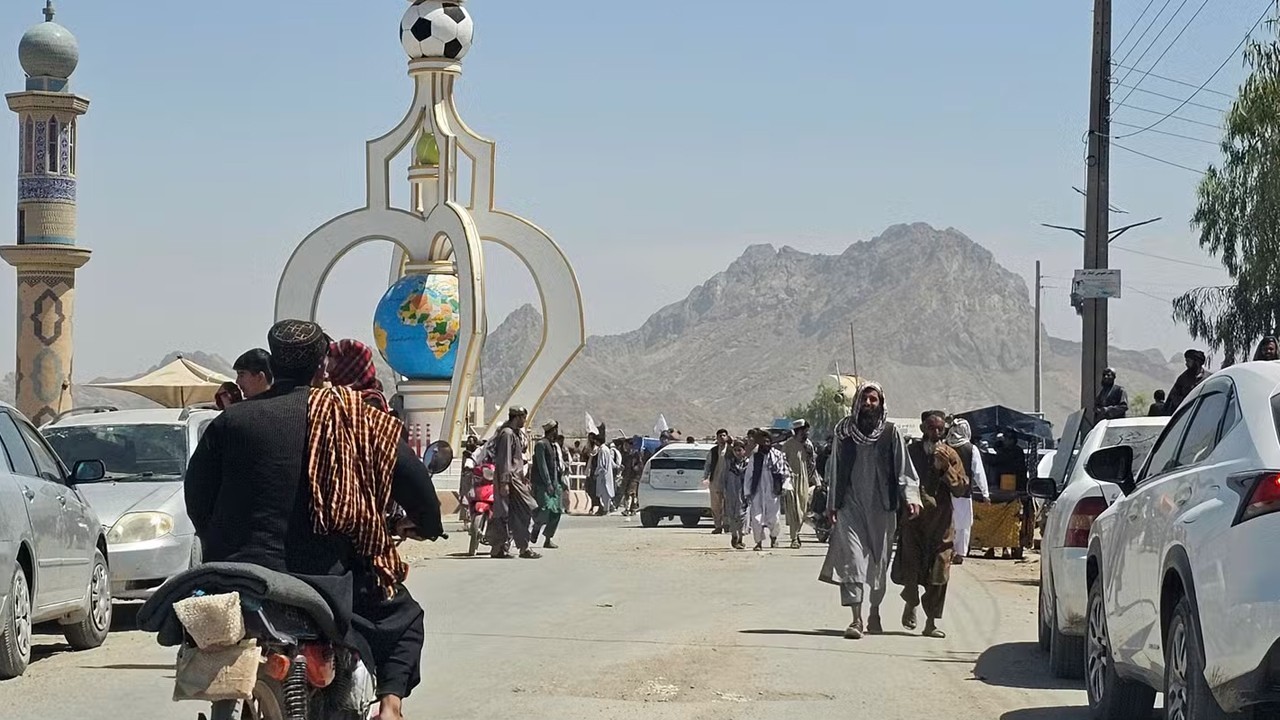
Web Desk
|
12 Apr 2025
Afghanistan witnessed its highest number of public executions in a single day since 2001, as four individuals were shot in stadiums on Friday.
According to an AFP report, the Taliban government in Afghanistan has carried out 10 public executions since its rise to power in 2021.
Public executions were also a hallmark of the Taliban's previous rule from 1996 to 2001, when individuals were publicly shot in front of large crowds gathered in stadiums.
In Qala-i-Naw, the capital of Badghis province, two men were executed in front of a crowd of civilians. A relative of the victims shot them multiple times.
Read: Afghan refugees face deportation after deadline for voluntary return ends
Mohammad Iqbal Rahimyar, a 48-year-old local, described the scene, saying, “They were made to sit and face away from us, and the relatives of the victims’ families stood behind them and fired.”
The Supreme Court of Afghanistan issued a statement, explaining that the two death-row inmates had been executed in retaliation for killing others, following a thorough review of their cases.
The statement added that the victims’ families had refused to forgive the accused.
Zabihullah, 35, who was present outside the stadium, said that it would have been better if the victims’ families had forgiven the accused, but emphasised that the execution was in line with “God’s order.”
Check: Australian man who converted to Islam during captivity in Afghanistan dies in Kabul
In addition to the executions in Badghis, a third individual was hanged in Zaranj, Nimroz province, and a fourth in Farah city. A government notice widely shared on Thursday invited the public to “attend the ceremony.”
Amnesty International condemned the public executions, calling them a grave violation of human dignity. The United Nations human rights office also expressed shock, urging the Taliban authorities to implement a moratorium on the death penalty.
This marks the latest in a series of public executions, with a similar incident in November when a convicted murderer was publicly shot in Gardez, Paktia province, by the victim's family.
Since the Taliban's takeover, Afghanistan has seen a return to severe punishments, aligning laws with their interpretation of Sharia law. Corporal punishments, such as flogging for theft or drinking alcohol, are being reintroduced.
Taliban Supreme Leader Haibatullah Akhundzada, who resides in Kandahar, oversees the executions, which are authorised as part of the country's legal framework, including Qisas punishment, which mandates the death penalty in cases of murder.



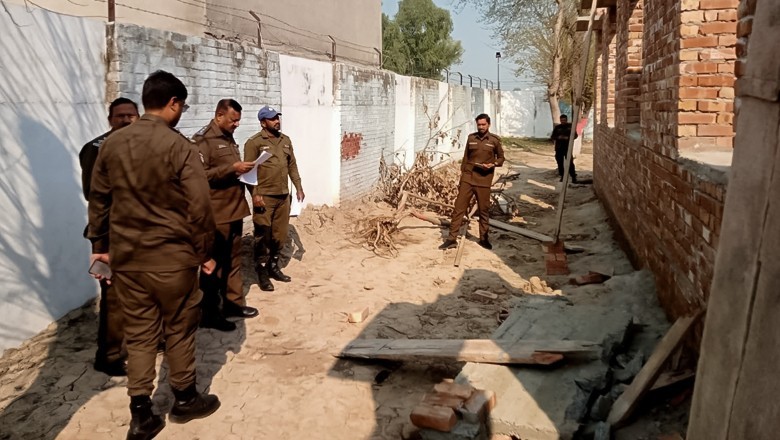
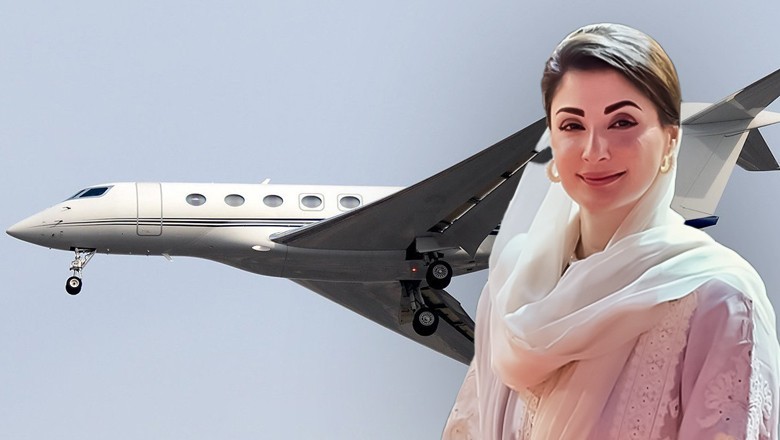

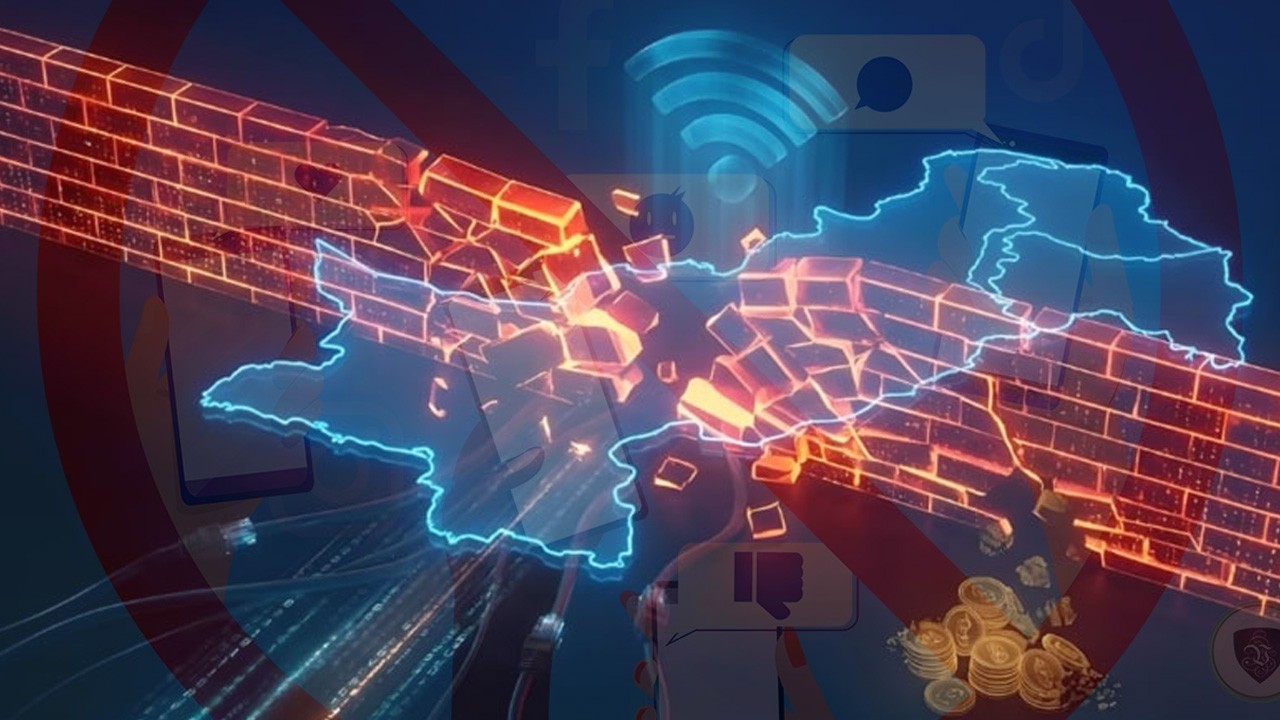
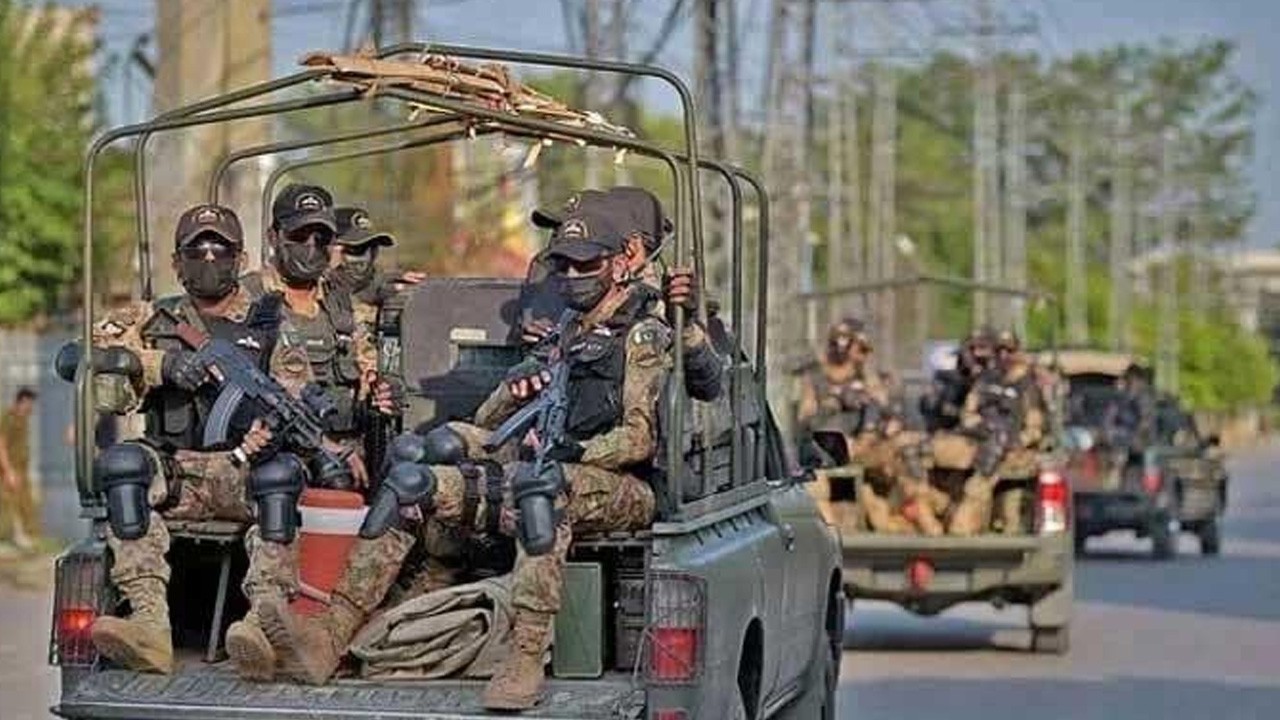
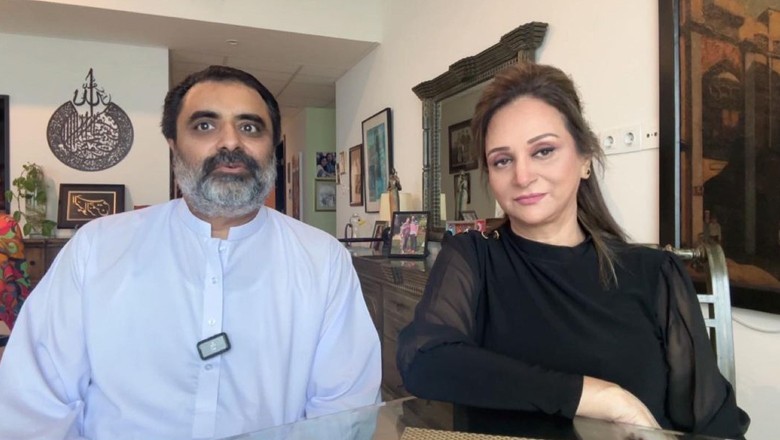
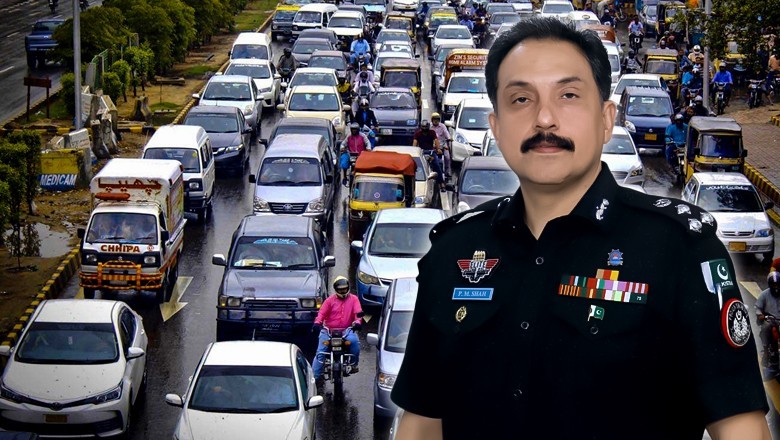
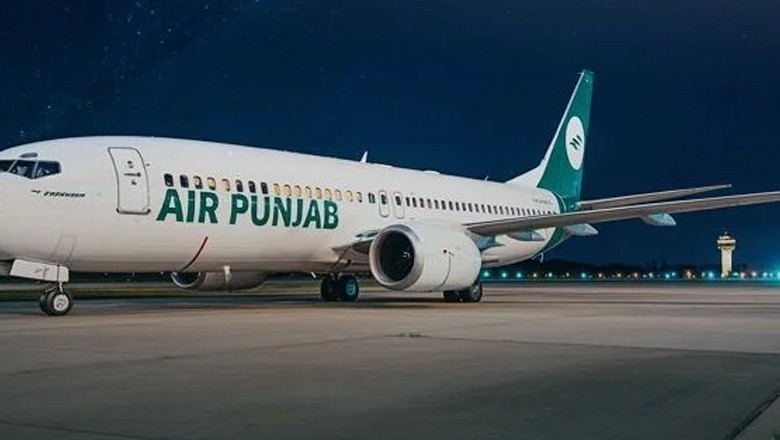

Comments
0 comment